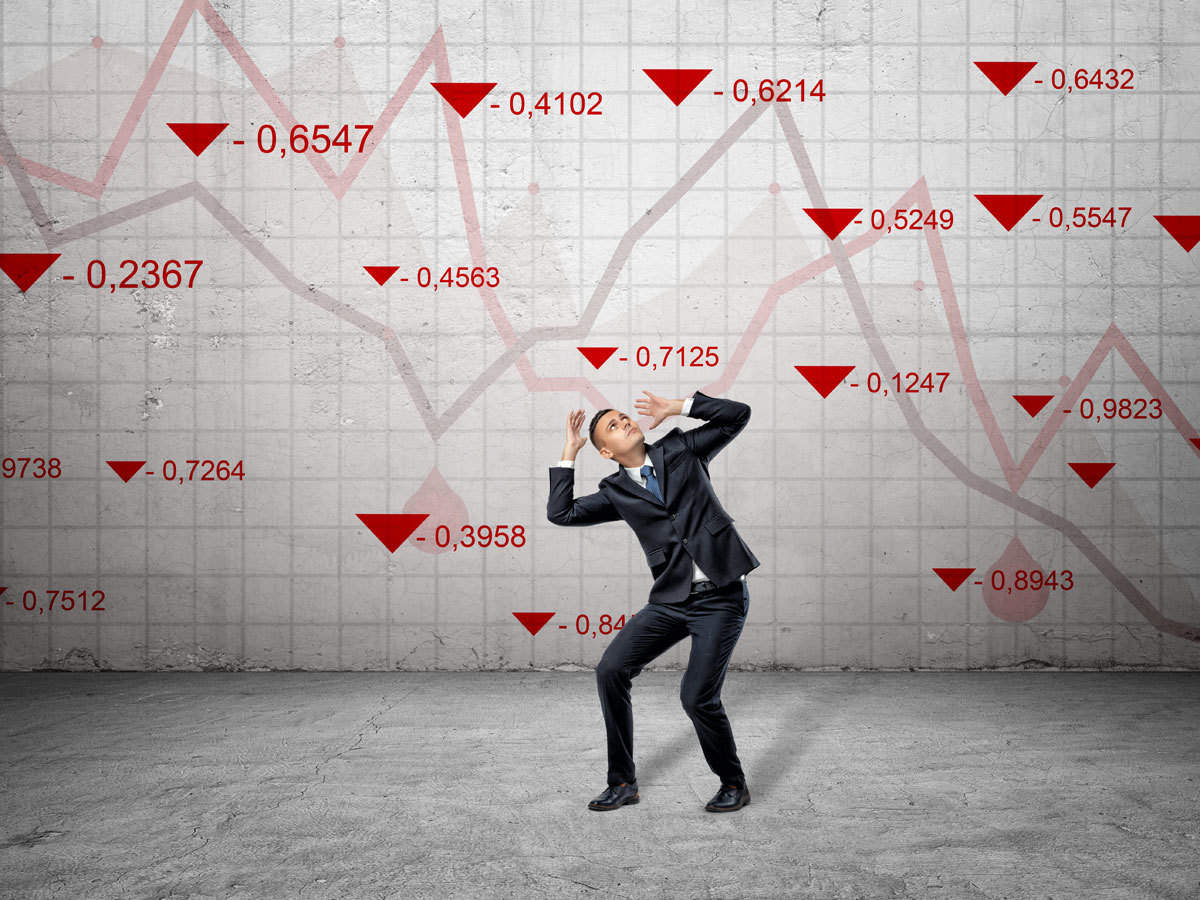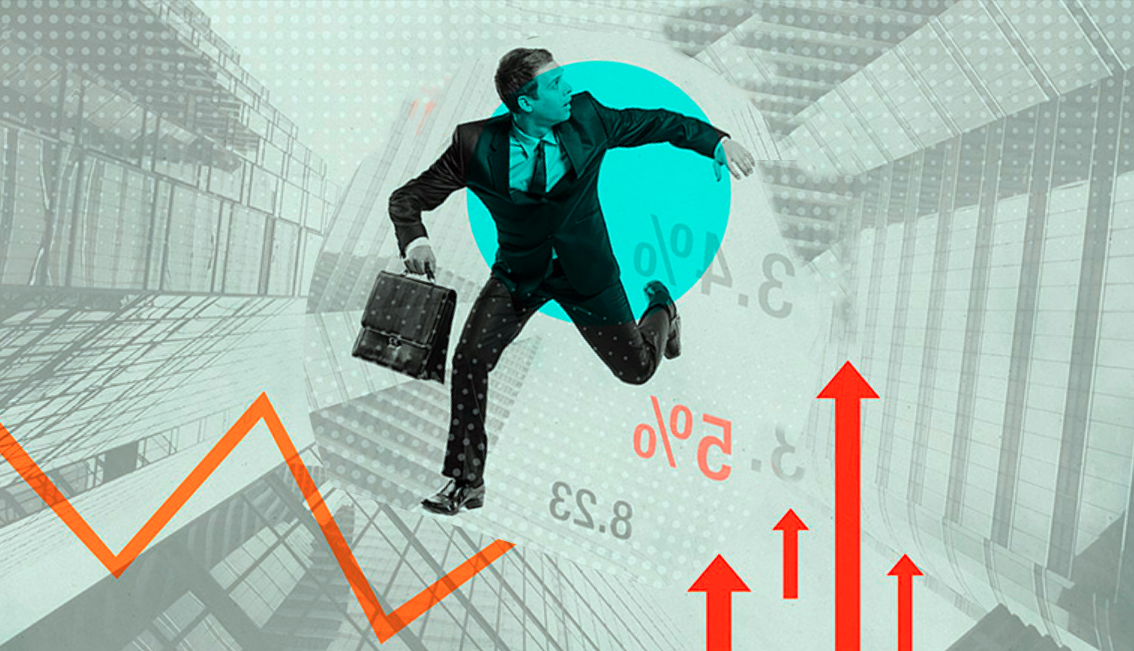No products in the cart.
Stock Market
The Impact of Market Fear and Uncertainty on Investor Behavior: 5 Dynamic Key Insights
The Impact of Market Fear and Uncertainty on Investor Behavior: 5 Dynamic Key Insights

Market fear and uncertainty are powerful psychological forces that play a critical role in shaping investor decision-making. When markets become volatile, fear of loss and anxiety about the unknown often outweigh rational analysis. Investors may react impulsively, driven by instinctive fight-or-flight responses rather than thoughtful consideration. This emotional reaction can lead to herd behavior, where investors collectively sell off assets in a panic, exacerbating market downturns. Understanding this dynamic is essential for comprehending why even experienced investors sometimes make decisions that contradict established financial theories.
Traditional economic models assume that investors operate with perfect information and make logical, calculated decisions aimed at maximizing returns. However, behavioral finance challenges this assumption by highlighting the influence of cognitive biases and emotional responses. Psychological phenomena such as loss aversion, confirmation bias, and overconfidence often distort rational thinking. During times of uncertainty, these biases become more pronounced, leading investors to either overreact or hesitate, missing key opportunities or deepening financial losses. Recognizing these tendencies is crucial for developing more realistic models of market behavior.
This article explores how psychological factors shape investor behavior during periods of market volatility, offering insight into both individual and collective decision-making patterns. It examines how fear and uncertainty lead to market inefficiencies, where prices deviate from fundamental values due to emotionally driven trading. Furthermore, it discusses strategies investors and financial advisors can use to manage psychological pressures, such as disciplined investing, diversification, and maintaining a long-term perspective. By understanding the emotional underpinnings of market behavior, investors can better navigate turbulent times and avoid costly mistakes.
The Psychology of Market Fear
Understanding Emotional Triggers
Investor behavior is deeply rooted in psychological responses to market conditions. Fear can be triggered by various factors:
- Sudden market downturns
- Unexpected economic events
- Geopolitical tensions
- Rapid technological disruptions
- Pandemic-related economic uncertainties
These triggers activate primal emotional responses that often override rational financial planning, leading to potentially irrational investment decisions.
Cognitive Biases Driving Investor Reactions
Loss Aversion: The Disproportionate Impact of Potential Losses
Investors typically feel the pain of losses more intensely than the pleasure of equivalent gains. This psychological phenomenon, known as loss aversion, can lead to:
- Premature selling during market downturns
- Holding onto losing investments too long
- Reluctance to reinvest after significant market corrections
Herd Mentality: The Comfort of Collective Decision-Making
During uncertain times, investors often seek safety in numbers. Herd mentality manifests through:
- Panic selling when others are selling
- Following market trends without independent analysis
- Amplifying market volatility through collective emotional responses
Strategies for Managing Emotional Investment Decisions
Developing Emotional Intelligence in Investing
Successful investors learn to:
- Recognize and manage emotional responses
- Create predetermined investment strategies
- Implement disciplined risk management techniques
- Maintain a long-term perspective during short-term volatility
The Role of Financial Education
Comprehensive financial education can help investors:
- Understand market cycles
- Develop critical analytical skills
- Build emotional resilience against market fluctuations
- Make more informed, less emotionally driven decisions
Technological Innovations in Investor Behavior Analysis
Data-Driven Insights
Advanced analytics and machine learning are increasingly used to:
- Predict potential emotional market reactions
- Identify patterns in investor behavior
- Develop more sophisticated risk management tools
- Create personalized investment guidance
Conclusion: Embracing Rationality in Uncertain Markets

Market fear and uncertainty are inevitable aspects of investing. By understanding the psychological mechanisms that drive investor behavior, individuals can develop more robust, emotionally intelligent investment strategies. The key lies in recognizing emotional triggers, implementing disciplined approaches, and maintaining a balanced perspective.
Key Takeaways
- Emotional responses significantly impact investment decisions
- Cognitive biases can lead to suboptimal financial choices
- Education and self-awareness are crucial for successful investing
- Long-term strategies often outperform emotional, short-term reactions
READ MORE RELATED BLOGS!
READ MORE AND SHARE!
TSOK Chronicles: Unleashing Passion, Dedication, and Excellence in 2024
2023 Your Practical Wedding Guide
Investments and Finance Ultimate Guide
If you like this article please share and love my page DIARYNIGRACIA PAGE Questions, suggestions send me at diarynigracia@gmail.com
You may also follow my Instagram account featuring microliterature #microlit. For more of my artworks, visit DIARYNIGRACIA INSTAGRAM


Peace and love to you.